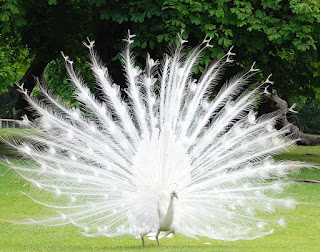Vegetable Gardening Tips
Tips & Tricks
Vegetable Gardening Tips
1. If its getting cold and you have tomatoes still ripening on the vine — save your tomatoes! Pull the plants up and bring them inside to a warm dry place. Hang them up, and the tomatoes will ripen on the vine.
2. Keep garden vegetables from getting dirty by spreading a 1-2 inch layer of mulch (untreated by pesticides or fertilizers) around each plant. This will also help keep the weeds down.
3. Paint the handles of your gardens tools a bright, color other than green to help you find them amongst your plants. You can also keep a mailbox in your garden for easy tool storage.
4. Compost needs time to integrate and stabilize in the soil. Apply two to three weeks prior to planting.
5. There is an easy way to mix compost into your soil without a lot of back breaking work: Spread the compost over your garden in the late fall, after all the harvesting is done. Cover with a winter mulch such as hay or chopped leaves and let nature take its course. By spring, the melting snow and soil organisms will have worked the compost in for you.
6. Like vining vegetables, but don’t have the room? Train your melons, squash, and cucumbers onto a vertical trellis or fence. Saves space and looks pretty too.
7. Garden vegetables that become over-ripe are an easy target for some pests. Remove them as soon as possible to avoid detection.
8. Onions are ready to harvest when the tops have fallen over. Let the soil dry out, harvest, and store in a warm, dry, dark place until the tops dry. Cut off the foliage down to an inch, then store in a cool, dry area.
9. Over watering is worse than under watering. It is easier to revive a dry plant than try to dry out drowned roots.
10. When planting a flower or vegetable transplant, deposit a handful of compost into each hole. Compost will provide transplants with an extra boost that lasts throughout the growing season.
11. Insects can’t stand plants such as garlic, onions, chives and chrysanthemums. Grow these plants around the garden to help repel insects.
12. Plants will do best if they are well suited to your growing area. Take some time to read up and choose plants accordingly.
13. For easy peas, start them indoors. The germination rate is far better, and the seedlings will be healthier and better able to fight off pests and disease.
14. If you’re short on space, garlic, leeks and shallots make excellent container plants. They tend to have few insect or disease problems and don’t require much room for roots.
15. Another reason to use natural and organic fertilizers and soil amendments: earthworms love them! Earthworms are extremely beneficial in the vegetable garden; increasing air space in the soil and leaving behind worm castings. Do what you can to encourage earthworms in your soil.
16. Water your garden in the early morning to conserve moisture loss and to help avoid powdery mildew and other fungal diseases that are often spread by high humidity levels.
17. Some vegetables actually become better after a first frost, including kale, cabbage, parsnips, carrots, and Brussels sprouts.
18. When transplanting tomatoes, cover the stem with soil all the way up to the first set of leaves. This greatly encourages root growth, making a stronger, healthier plant.
19. Healthy soil means a thriving population of microbes, earthworms and other organisms. A soil that has “good tilth” will produce robust garden plants that are better able to resist pests and disease.
20. A simple five percent increase in organic material (compost) quadruples the soil’s ability to store water.




Comments
Post a Comment